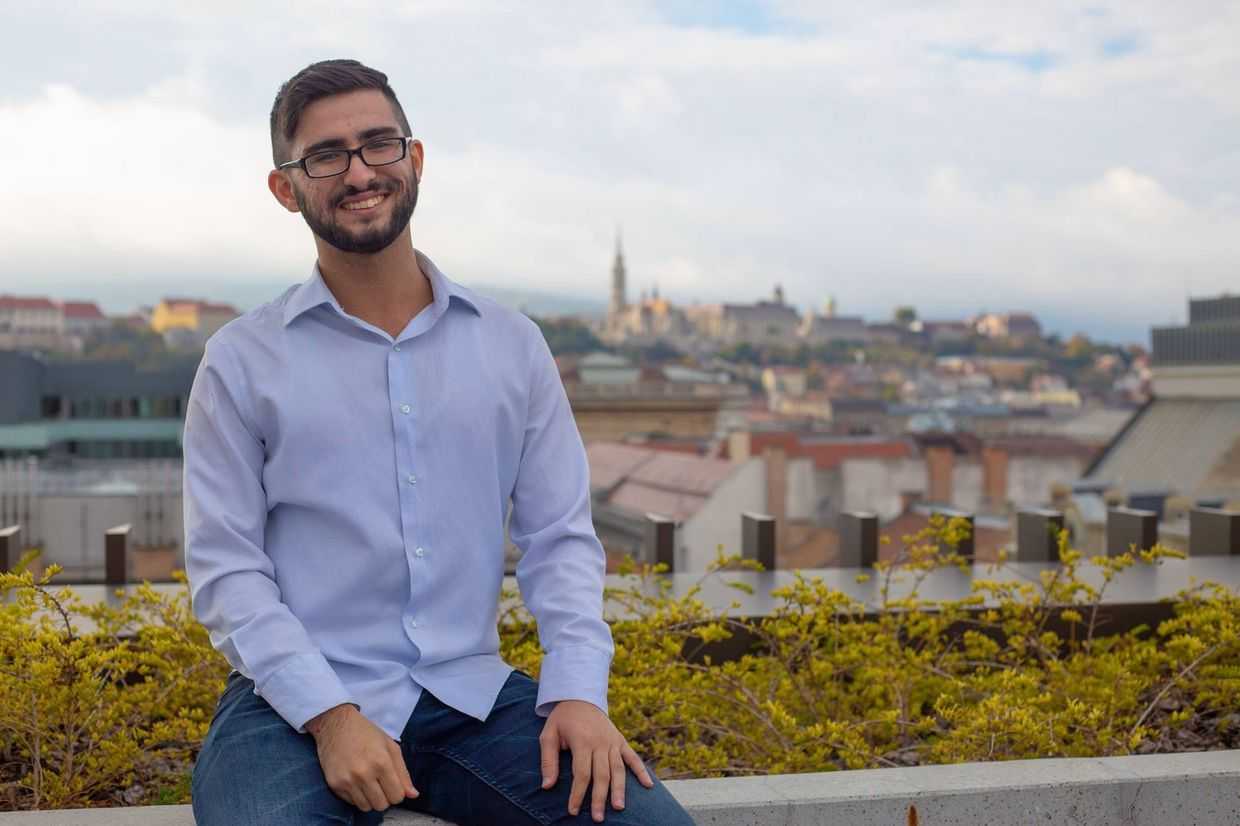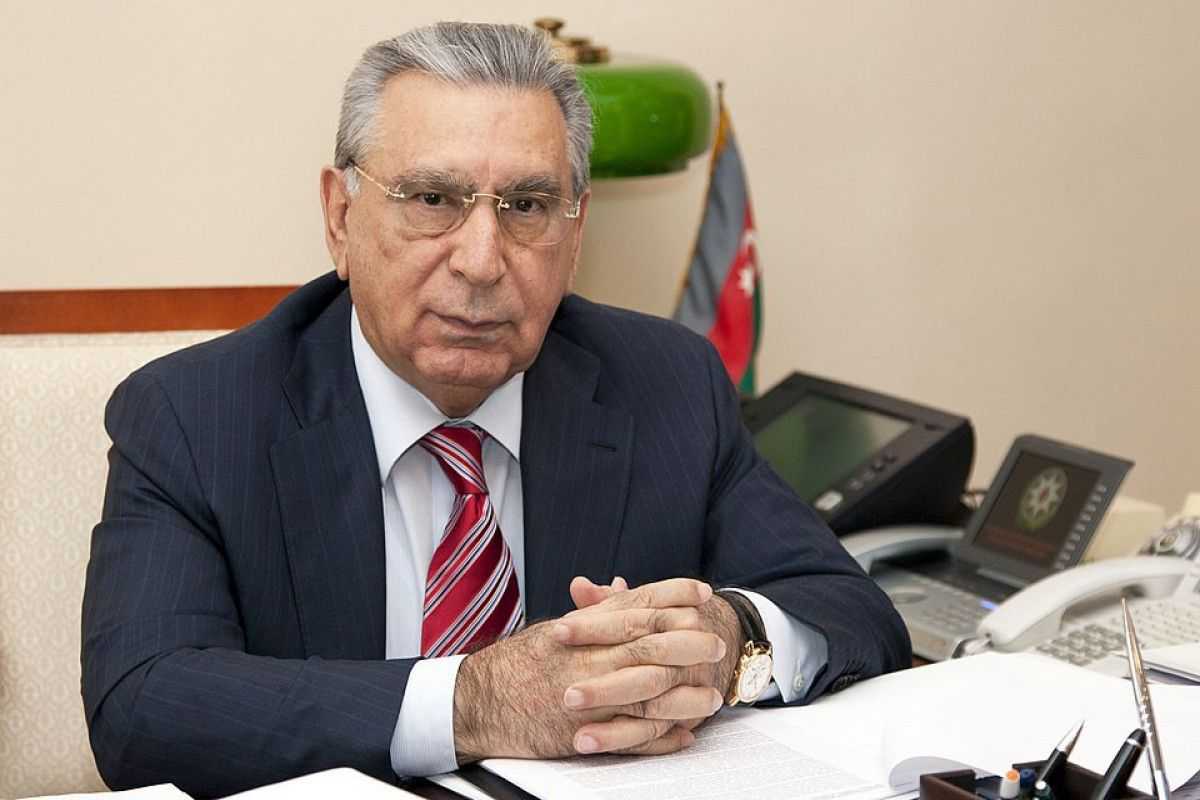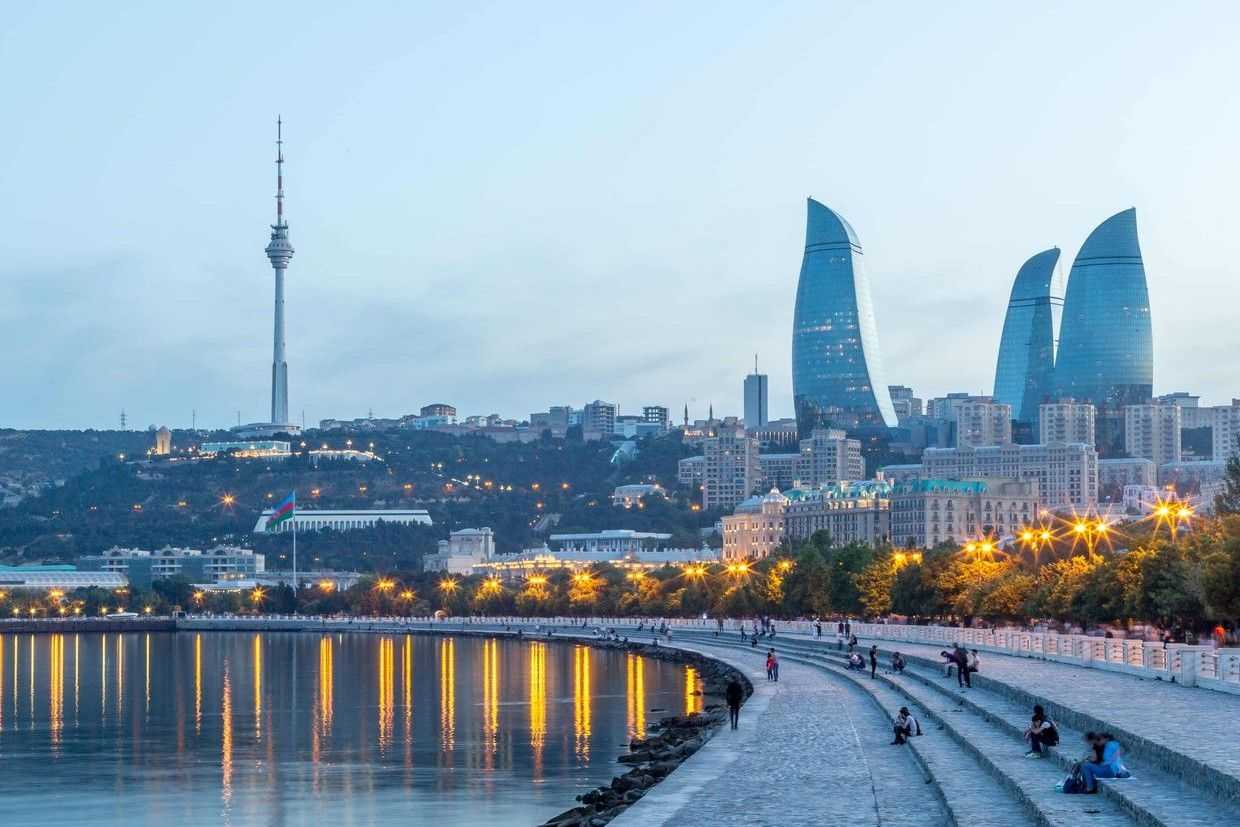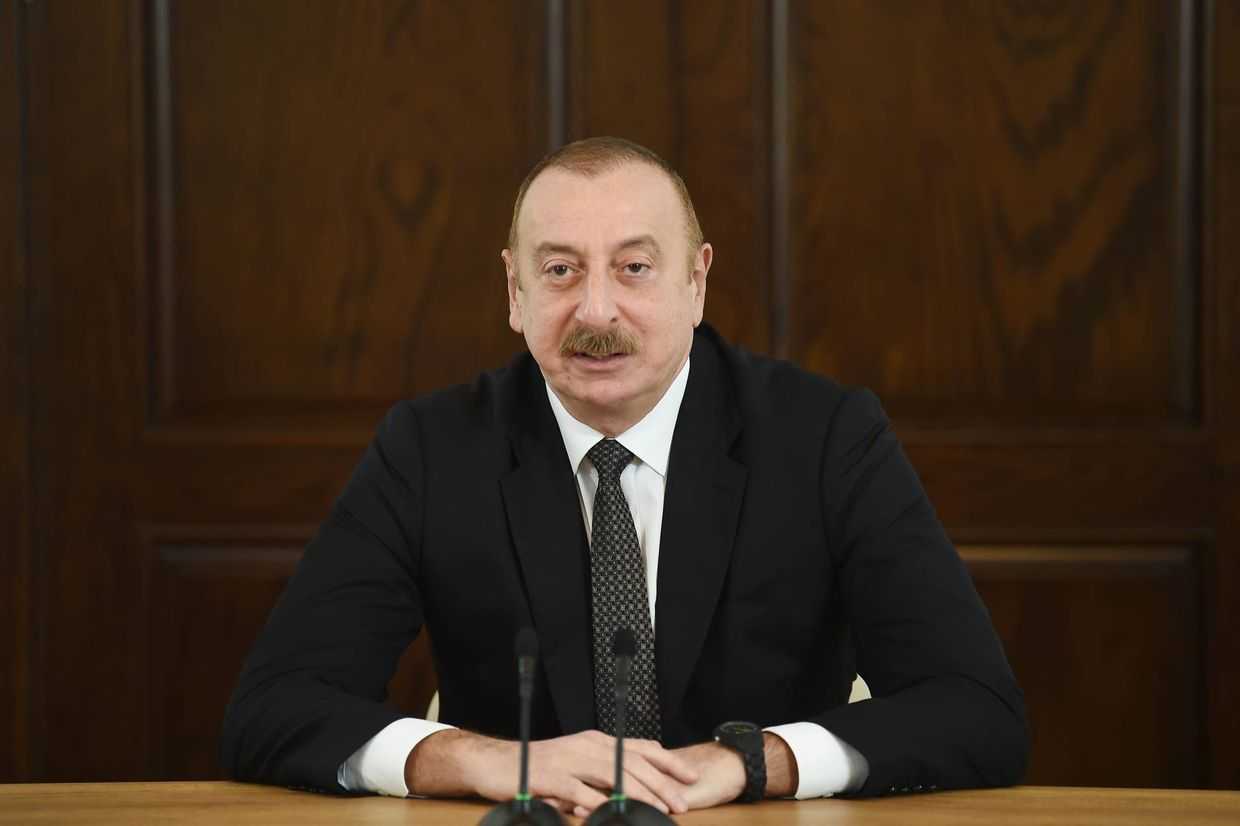
Mining near Soyudlu village in western Azerbaijan will be halted, three weeks after protests that led to the village’s ongoing police lockdown. The announcement came a day after President Ilham Aliyev made his first public acknowledgement of the protests.
Azerbaijan’s Minister of Ecology and Natural Resources, Mukhtar Babayev, on 12 July told local journalists that a ‘temporary suspension of operation’ had been agreed with the mining company.
Babayev added that tests of air quality in the region found that ‘dangerous substances did not exceed the norm’. Protesters claim that drainage of acid from the mines into an artificial lake has caused significant air quality issues and damage to health.
The village remains guarded by police checkpoints barring anyone but residents of the village from entering or leaving, three weeks after the checkpoints were first established.
[Read more: Azerbaijani police lock down village after environmental protests]
The announcement came a day after President Aliyev acknowledged the protests for the first time since their violent suppression by police on 20—21 June, criticising the Ministry of Ecology and ‘provocateurs’.
Speaking at a meeting attended by ministers and the vice president to discuss the ‘results’ of the first six months of 2023, Aliyev stated on 11 July that the Ministry of Ecology and Natural Resources had been ‘at least negligent, showed a lack of control […] and as a result, a foreign investor poisoned our nature’.
‘Did the ministry not know that there is such a problem? Either they knew, they closed their eyes, or they didn’t know. Both are unacceptable.’
The gold mines are officially operated by a British company, Anglo Asian Mining Plc, managed by Iranian businessperson Reza Vaziri. However, a 2016 investigation by the Organised Crime and Corruption Reporting Project (OCCRP) found that the mines were in fact owned by the two daughters of Azerbaijan’s President Ilham Aliyev.
While Aliyev stated that people had ‘rightly raised their voices’ to protest, he also accused citizens of having followed the ‘agitation of provocateurs’, and of committing ‘indecent’ and ‘illegal’ acts.
‘Some of those provocateurs are hiding in Azerbaijan, and some are abroad. Those in Azerbaijan have already been identified and several have been brought to justice. We will also hold those abroad accountable’, said Aliyev. ‘Let no one, as they say, think that we have forgotten this.’
Since the protests began, a number of protesters, journalists, and those who expressed support for the protests have been arrested. Local people additionally claim that five individuals from the village involved in organising the protests were detained and taken to Baku, with no news of them since.
[Read more: Azerbaijani activists and journalist detained over mine protests]
At least five other protesters from the village were given administrative sentences of 20 days, while one was fined ₼1,500 ($880). Information on social media additionally alleges that the owner of a business that printed posters used during the protests was arrested on drug-related charges.
Footage of police violently suppressing the protests prompted public outcry in Azerbaijan in late June. Speaking on Monday, Aliyev claimed that the police had shown ‘tolerance’, but suggested that protesters had thrown stones at law enforcement officers, echoing claims of local officials.
‘We are not playing’, he said. ‘We will punish as necessary if we know it is necessary, whoever is necessary, so that he regrets [his actions].’
A person from Soyudlu village, who spoke to OC Media on condition of anonymity, said that while they welcomed the president’s acknowledgement of the protests, a police point remained in place at the entrance to the village.
‘Our demands were legitimate demands. But in his speech, the president condemned those who threw stones at the police. No one threw stones at anyone where we stood’, they said.
She added that, while people from the village had appealed to ‘state institutions’ a long time ago, action was only taken after Aliyev’s speech.
‘Why was no one interested in us when we said that the village was poisoned and diseases were spreading? But now, after the speech of the president, officials […] are talking to people and are interested. Will they be interested in us later?’, she asked.
She also demanded that five protesters reportedly detained for organising the protests and taken to Baku be released.
‘They are innocent and are under investigation in Baku. We are worried about their lives’, she said.
A president close to the people
Bahruz Samadov, a political scientist and peace activist from Azerbaijan, told OC Media that Aliyev’s strong criticism of the Ministry of Ecology, and milder criticism of local people, was deliberately aimed at maintaining his image.
‘Aliyev’s speech […] was calculated to protect his reputation as a president close to the people that emerged after the war’, said Samadov. ‘Ilham Aliyev has previously criticised officials and said that those who hurt the people should be punished. When such speeches are made, a large part of the population thinks that Ilham Aliyev really does not know about the problems happening in the country, that he is deceived by ministers and officials, but he himself is just and close to the people.’
However, Samadov added that defending the police was ‘a red line’ for the president.
‘No matter what, he presents the preservation of order and stability as sacred’, said Samadov.
Rufat Safarov, an activist and former official in the prosecutor’s office, also commented on the issue on Facebook.
‘I came to the conclusion, based on yesterday’s speech, that we should be thankful if we’re not killed for our criticism [of the government]’, he wrote. ‘As an active observer of events, I state that the head of state justified repressive measures, violence, and using force against the civilian population. This is unacceptable.’









